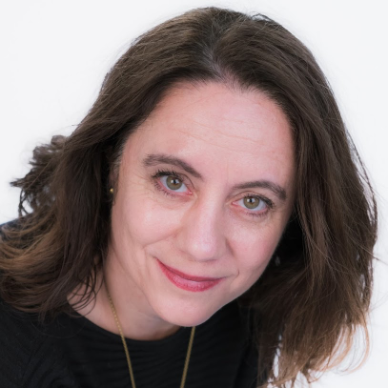
Sharon Bissell
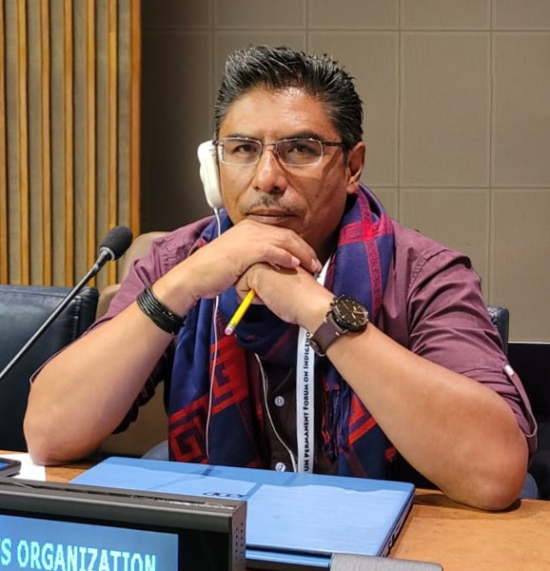
Cecilio Solís Librado
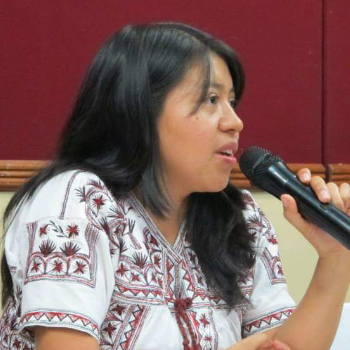
Zenaida Pérez
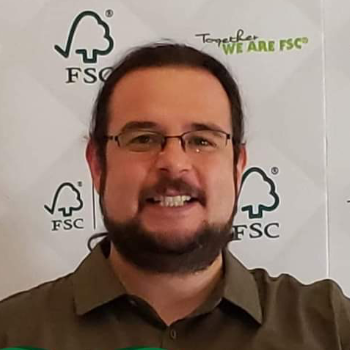
Emilio Cruz
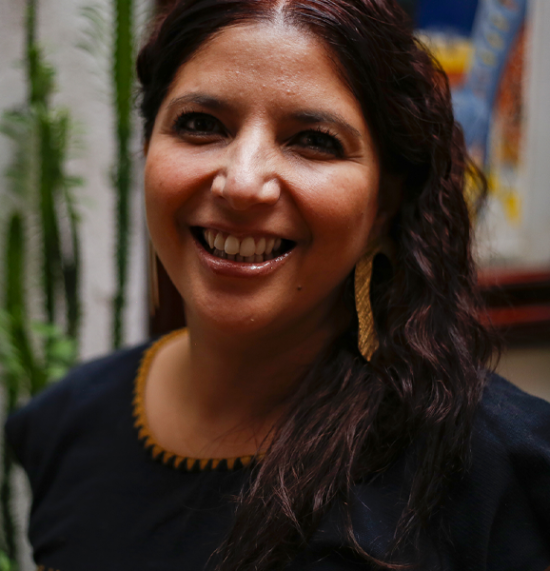
María González Valencia
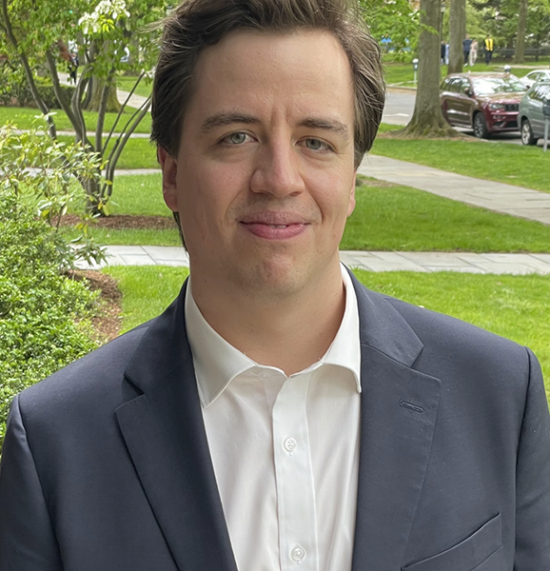
Christian Marín

Gabriela Anaya
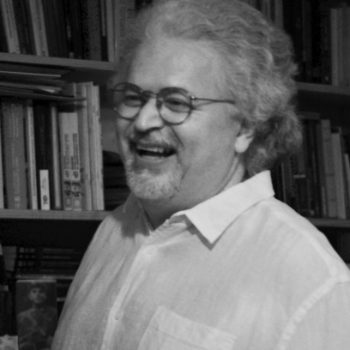
Ernesto Isunza

Sharon Bissell
Sharon is the director of the MacArthur Foundation in Mexico, an institution that provides donations to civil society organizations that work in issues of reproductive health and human rights. She has directed the design and implementation of philanthropic strategies to reform the criminal justice system in Mexico, and to improve public maternal and reproductive health services.
Sharon holds a Master’s degree from Tulane University, a Bachelor’s degree from Whitman College and Diplomas in Gender, Reproductive Health and Human Rights from “El Colegio de México” and the Technological Institute for Higher Studies, Monterrey (Tec de Monterrey).
Before joining the Foundation, Sharon worked with a Mexican organization that focussed on reproductive rights, as well as providing consultancy services to numerous civil society organizations and networks. Sharon has also taught at the University of Puerto Rico.

Cecilio Solís Librado
Cecilio Solís is a geographer graduated from the Universidad Nacional Autónoma de México (UNAM), and has a diploma in Indigenous Peoples and Development. He is Mexican Nahua origin, from the North Mountains of Puebla. His work specializes in the field of biodiversity and the development of native peoples and communities. He has taught multiple courses on indigenous law and ecotourism, and has prepared community and regionalization diagnoses in different parts of the center and south of Mexico.
He founded, among other organizations and networks, the Ixtlamachiliztli Cultural Center where he coordinated the project “Promotion of Productive Diversification in the North Mountains of Puebla”, in the community of Acuaco, Zaragoza, Puebla. In addition to other international positions, he was Co-Chairman of the International Indigenous Forum on Climate Change at the 16th United Nations Conference of the Parties (COP16), Co-Chairman of the International Indigenous Forum on Biodiversity (COP 8), among others.
He is currently a member of the Mesoamerican Indigenous Council, the International Indigenous Forum on Biodiversity and founder of the Federation of Indigenous Businesses and Local Communities of Mexico, a project launched within the IX Session of the Permanent Forum on Indigenous Issues of the United Nations.

Zenaida Pérez
Zenaida is Ayuujk (Mixe), from Tlahuitoltepec, Oaxaca. She has a Bachelor’s Degree in Communication Studies, and a postgraduate qualification in Gender and Communication. She has also participated in the International Course in Women’s Rights in times of Crisis at the International Institute for Women’s Rights and the National Institute for Higher Studies in Ecuador.
Zenaida is currently the coordinator of the Indigenous Women’s Program at the Simone de Beauvoir Leadership Institute. She is a founding member of the National Political Assembly of Indigenous Women in Mexico, and member of the Citizen Council for the Mexican Radio Institute, the External Council for the Rosario Castellanos Women’s Studies Group (GESMujer) and the Expert Technical Committee for the Consultation Process in the Constitutional and Legal Reform of the Rights of the Indigenous and Afro-Mexican Peoples of Mexico.
Zenaida aims to bring the indigenous peoples’ and indigenous women’s agendas to public platforms in Mexico, as well as increasing awareness and strengthening the Afro-Mexican women’s movement.

Emilio Cruz
Emilio has a Bachelor’s degree in Law, with a specialty in Environmental Law, from the National Autonomous University of Mexico (UNAM). He also holds a Master’s in Human Rights, Interculturalism and Development from Pablo de Olavide University, Seville, Spain.
Emilio is currently Director of Strategic Alliances for the civil association “Reforestamos Mexico”, where he has worked since 2010.
His professional practice has focused on ensuring that forest ecosystems are recognized as an essential element to achieve sustainable development, which includes sharing how rural communities improve their quality of life through responsible forest management, as well as political advocacy to keep forests high on the public agenda.

María González Valencia
María González Valencia, Human Rights Defender, graduated from the Instituto Tecnológico y de Estudios Superiores de Occidente (ITESO), specializing in international human rights law. She is a feminist, activist, and popular educator. She has specialized in water issues, socio-environmental conflicts, and strategies for the defense of land and territory. As a defender, she has accompanied various struggles and social movements that defend rights and territory in Jalisco, and Mexico. She is the founder of various networks in the country, such as: water, human rights, and women. She was a Citizen Counselor of the Human Rights State Commission of Jalisco (CEDHJ) and of the Editorial Board of Milenio newspaper in Guadalajara. She is currently the Director of the Mexican Institute for Community Development, A.C. (IMDEC).

Christian Marín
Christian heads the non-dollar investments team at the international reserves division of the Central Bank of Mexico. In this position, Christian has played a key role in the implementation of ESG investments for the Central Bank reserves.
He holds an Master’s Degree in Public Policy of Global Affairs from Yale University, where he studied as a Fulbright scholar, as well as a BA in Economics from Universidad Iberoamericana. Christian has also worked at other financial institutions such as the World Bank and Bank of America Merrill Lynch.

Gabriela Anaya
Gabriela is an independent consultant in strategic philanthropy, collaborative processes with a focus on collective impact, and strengthening non-traditional leadership. Her clients include philanthropic foundations, international agencies, and multidisciplinary networks that are interested in systematically addressing complex environmental and social issues.
Gabriela has worked for the government and in civil society, in different roles related to the design, implementation and supervision of projects and initiatives for marine and coast conservation and sustainability.
Gabriela participates in the advisory boards of several civil society organizations. She is a woman, mother, and advocate for the work-life-balance. She is the author of the blog ‘cuidadoconelpeaton.blog’.

Ernesto Isunza
Ernesto is ‘chilango’ (from Mexico City) by birth and ‘xalapeño-coatepecano’ (from Xalapa, Veracruz) by adoption. He holds a Bachelor’s degree in Sociology, as well as a PhD in Political Science and Sociology from the Universidad Complutense de Madrid. He completed his Post-Doctorate at Campinas State University (São Paulo, Brasil).
Ernesto is currently a professor and researcher at the Center for Research and Higher Education in Social Anthropology (CIESAS) where he is responsible for the special program “CCiudadano, Construcción y Articulación de lo Público” (Citizen. Construction and Connection of the Public). Ernesto is a member of the National System of Researchers (Level 3). Through CIESAS, he has worked as an external assessor in the formation and consolidation of the Xalapa Municipal Police Department, as well as in the training of staff from the State Search Commission of Veracruz. With the support of the National Council for Science and Technology (Conacyt), he coordinates an interdisciplinary group focused on the design and implementation of public participation policies at the federal level.
Ernesto focuses on promoting concrete and effective forms of democratic control, that is, citizens participating to influence the actions of public policy servants and processes.
